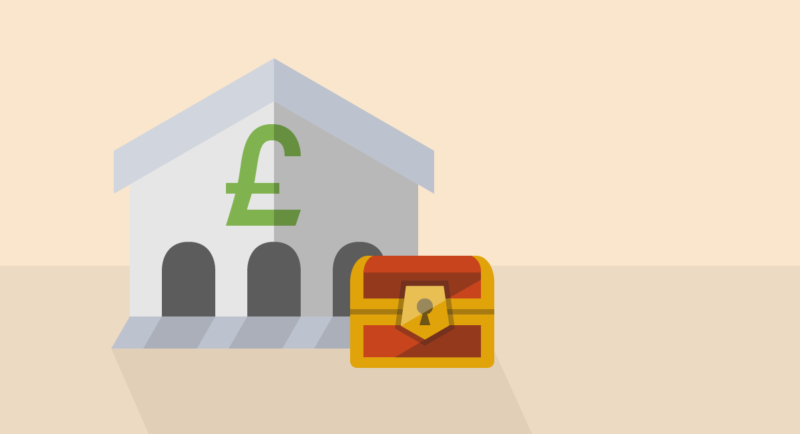Get your money at any time but lower interest rates.

An easy-access savings account is one from which you can withdraw cash at any time.
The penalty for convenience is that you will receive much lower rates of interest.
If you’re looking for a savings account, see Fairer Finance’s comparison table. We rate companies on how fairly they treat their customers and how transparent they are.
You’re much more likely to have a better experience with ribbon-holding companies.
You can compare rates on easy access accounts here.
-
1
How do I get an easy-access savings account?
All banks and building societies offer this type of account, so they’re quite easy to open.
You may need to visit a branch in person to prove your identity. You’ll need photo ID like a driving licence or passport, and proof of address such as a recent utility bill. This should be a hassle-free process, if a little time-consuming.
-
2
What are the interest rates like?
Interest rates have improved since the Bank of England began raising the base rate in 2022 to combat inflation. The top easy access accounts have rates of over 3%, though many pay less than this.
-
3
What are the other options?
Fixed-rate bond accounts are an alternative to easy access savers. These lock up your money for a period of several years. You can get better rates on fixed-rate bonds. If you take your money out early, your provider will penalise you.
You can also make the most of tax-free savings by opening a Cash ISA as an alternative. The rates are often similar to easy-access savings, but you won't pay tax on the interest.
Stocks & Shares ISAs may be an alternative if you are prepared to take some risk and invest your money for a while.
And you can make more in a current account right now than many savings accounts. For example, Nationwide's FlexDirect account will pay 5% on up to £1,500. But it'll only pay that during the first year.
-
4
Is my money safe?
Your money should be protected by the Financial Services Compensation Scheme (FSCS). This protects up to £85,000 per individual account.
If a bank fails, the scheme compensates account holders for any money the bank is unable to pay, up to the limit.
You can check if your savings are protected using this FSCS tool. If you’d like to know what else is protected by the FSCS, read our guide to find out how it works.
-
5
The personal savings allowance
Since April 2016, basic rate taxpayers have been able to earn up to £1,000 in interest from their savings accounts before having to pay any tax, thanks to the personal savings allowance. This allowance falls to £500 for higher rate taxpayers.



